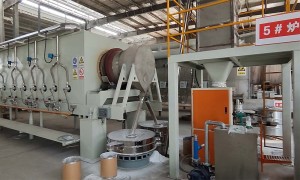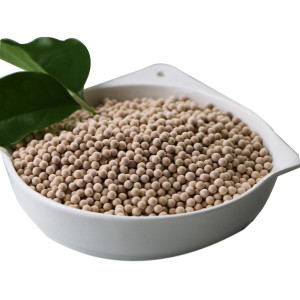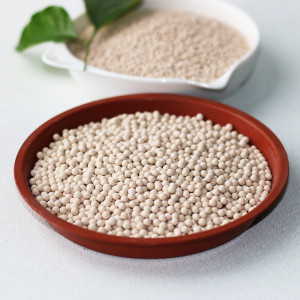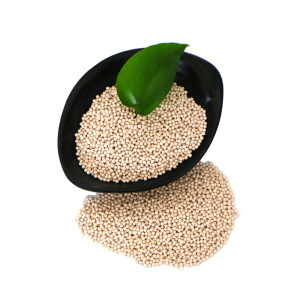Application of Molecular Sieves in Air Conditioning Refrigeration Systems
In Air conditioning refrigeration systems, molecular sieves, as an efficient adsorbent, play a crucial role.
Air conditioning refrigeration systems are an essential part of modern architecture, providing us with a comfortable indoor environment. In these systems, molecular sieves, as an efficient adsorbent, play a crucial role. This article will explore the application of molecular sieves in air conditioning refrigeration systems and how they enhance system efficiency and performance.
Basic Principle of Molecular Sieves
Molecular sieves are a class of materials with a highly ordered microporous structure that selectively adsorb gases based on their size, shape, or polarity. In air conditioning refrigeration systems, molecular sieves are primarily used to adsorb moisture and impurities in the system, thereby keeping the refrigerant dry and pure.
Application of Molecular Sieves in Air Conditioning Refrigeration Systems
Desiccant: Molecular sieves act as desiccants to adsorb moisture in the refrigeration system, preventing ice blockage and corrosion, and extending the system's lifespan.
Purifying Agent: Molecular sieves can remove impurities from the refrigerant, including oil vapors and other organic vapors, ensuring the purity of the refrigerant.
Catalyst Carrier: In some refrigeration systems, molecular sieves can also serve as catalyst carriers to improve refrigeration efficiency.
Types and Selection of Molecular Sieves
Common types of molecular sieves used in air conditioning refrigeration systems include:
Type 3A Molecular Sieve: Mainly used to adsorb water molecules and suitable for most air conditioning refrigeration systems.
Type 4A Molecular Sieve: With a higher capacity for water molecule adsorption, suitable for high-humidity environments.
Type 13X Molecular Sieve: Features larger pore size and higher adsorption capacity, suitable for applications requiring intense adsorption.
The choice of the appropriate type of molecular sieve depends on specific system requirements and operating conditions.
Advantages of Molecular Sieves
Improved Efficiency: By keeping the refrigerant dry and pure, molecular sieves help to increase the COP (Coefficient of Performance) of the air conditioning refrigeration system.
Extended Lifespan: Molecular sieves prevent corrosion and ice blockage in the system, thereby extending the service life of the equipment.
Environmentally Friendly: Molecular sieves are non-toxic, renewable materials that are friendly to the environment.
Easy Maintenance: The adsorption capacity of molecular sieves can be restored through a regeneration process, simplifying maintenance work.
Conclusion
The application of molecular sieves in air conditioning refrigeration systems is crucial for improving the overall performance of the system. By adsorbing moisture and impurities, molecular sieves help to keep the refrigerant dry and pure, thereby enhancing efficiency, extending equipment life, and providing more stable and reliable cooling effects. As concerns about energy efficiency and environmental impact continue to grow, the application of molecular sieves in air conditioning refrigeration systems will become increasingly widespread.





